Figure out what career to do
Changing careers involves making many tricky decisions – when to quit, which career to do next, how to make your move.
If you’re keen to kickstart your career change, look for people, not jobs.
Tips for finding your fit in the purpose-driven universe
Get clear about what purposeful work means for you, and you’ll probably start attracting the right kind of opportunities.
If you’ve depleted your stores of career change energy and optimism, some ‘soft fascinations’ may do the trick.
Approach the edge of your comfort zone, and your critic will be waiting. What if your intuitive inner mentor was there to tell you, ‘you’ve got this’, ‘go on, try it,’ ’whatever happens next, you’ll handle it.’
Curiosity is high on the list of traits you need to handle the ‘change’ in career change . The good news is, even if you haven’t exercised your curiosity for yonks, once you give it a workout, it’ll get up to speed quick smart.
Career change epiphanies are rare. So, what if we swapped waiting for light bulb moments for seeking out things and people to spark our shift?
When were you last so absorbed in doing something that you lost track of time? As a career changer finding your flow can help you to figure out what meaningful work looks like for you.
Successful career change means expanding your horizons. When you’re ready to start exploring possibilities, get archaeological.
Most of us have a wish list of intriguing, unexplored ‘its’. How often do you cross things off? What happens when you give one of your ‘its’ a go?
How I learnt you can’t Google your way out of career change stress.
Once you know what you want to do, the next hurdle is how to make career change happen.
If you’ve been trying to change career but keep getting stuck, check if any of these four acts of self-sabotage are blocking your way.
How can I move into a totally different career? I often get asked this by clever, capable people whose hearts are set on a new career and whose heads are telling them, ‘No way! You’ve got zero experience!’.
If you’ve got lots of ideas and interests, maybe you’re a multipod. This cute short form stands for multipotentialite. Multipods or scanners are hardwired ultra curious people who are likely to be happiest and most fulfilled by serial or simultaneous careers.
Checking your mindset gives you an insight into how skilfully you’re likely to manage career change. If you find you’re ‘fixed’ but you’re keen to be ‘flexible’, here are three ways to kick start the shift.
Assumptions are rich mix of our past experiences and our exposure to advice and commentary from others.
Are you head down and tackling career change on your own? Perhaps you’re finding it tough to get the help you need from people around you.
Doing the following three big things, which are actually nine smaller things, lead me to career change coaching. They helped me create and test a successful career change process that’s at the heart of how I work with my clients.
The first thing I tell them is that you can’t change careers sitting behind a desk.
Then we talk about ways to switch your search technique to ‘finding people not jobs’. This conversation is about how to get out of your head and into action.
If you’re stuck for ways to start talking to real people working in jobs or areas you‘re keen to explore, here’s what I suggest.
Looking for an effective career coach? I suggest these steps. They combine investigation and instinct in the hunt to find the person who’ll work with and for you.
Money. Sometimes the scary prospect of managing your finances can stop career change in its tracks. Will I earn less in my new career? If I take time off to figure out what next will I need to eat pot noddles for months?
Every new thing we try reveals something about our abilities and our interests. These insights can be priceless career change clues.
Sparky moments - we all have them. They happen when we cross paths with someone or something that connects us to what matters most. Sparky moments light up our eyes and prick up our ears.
Why is it that despite great intentions and well-laid plans, we so often swap one unsatisfying job for another one just like it?
If you’re looking forward to making a genuine career change, I suggest you begin by looking back at your motivation and your methods.
I’m intrigued by personality profiling tools designed to help unravel and map the mystery of who I am. Among the many useful tools I use with my career coaching clients, I’ve found the Myers Briggs Type indicator both insightful and practical.
5 exploratory moves designed to reduce your stress and increase your creativity as you embark on your career change journey.
The Values in Action (VIA) Survey of Character Strengths is a simple, practical self-assessment that identifies and ranks your core characteristics and strengths. It is one of my favourite tools and I’ve seen many clients use it to create positive changes in their own and others lives.
A family-focused career break to raise her small children prompted Danielle, to trade corporate comms for a career in Mind-Body Medicine and Kinesiology.
Approaching career change with a light touch and a sense of play and not taking yourself too seriously can really help you move from a worn-out career to an exciting new one.
Confidence is one of three essential things (along with curiosity and courage) we need to summon when committing to changing careers.
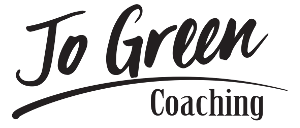


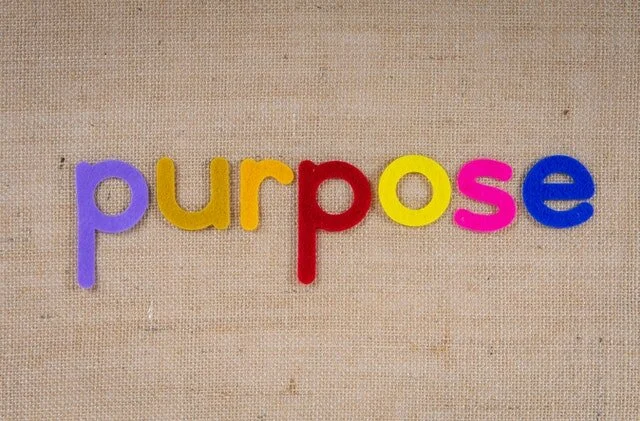








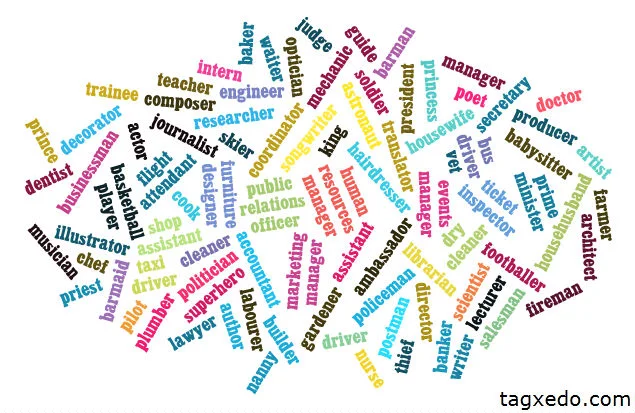



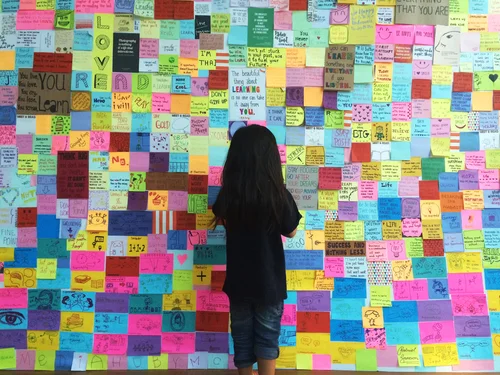









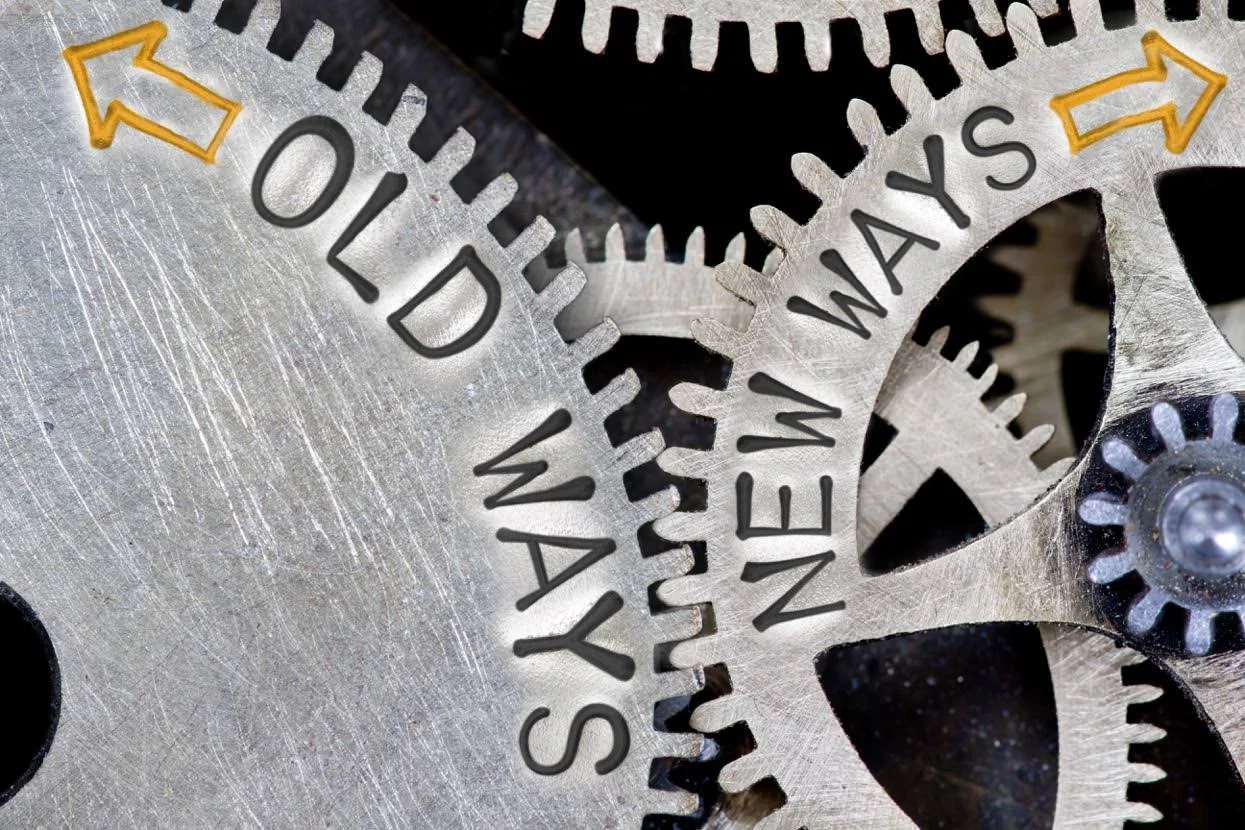






Career change is a prime source of fear and uncertainty. It’s hard to let go, and even harder to trust that what’s coming next won’t bring you unstuck.